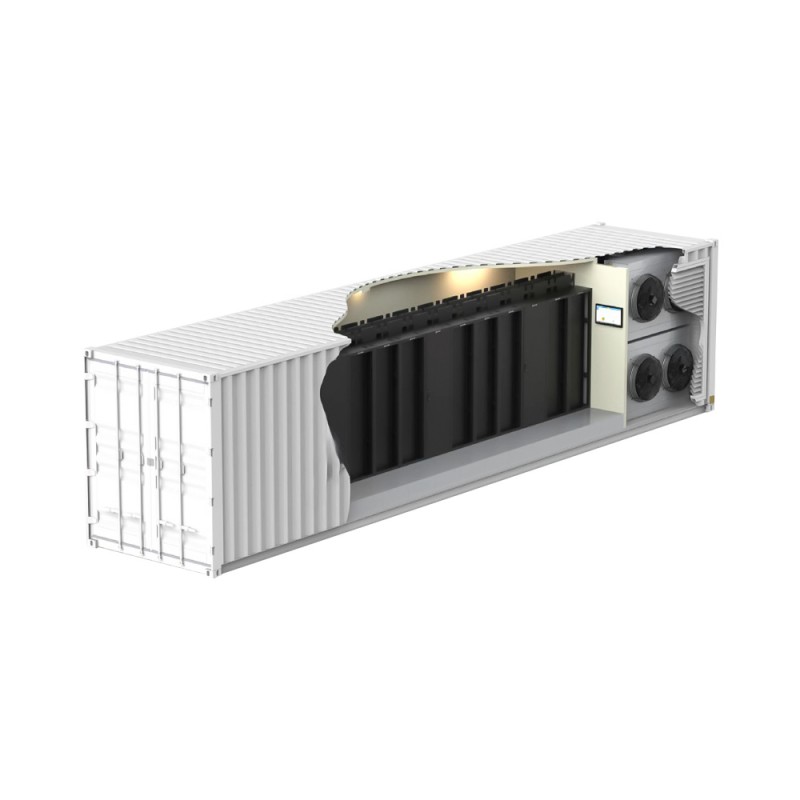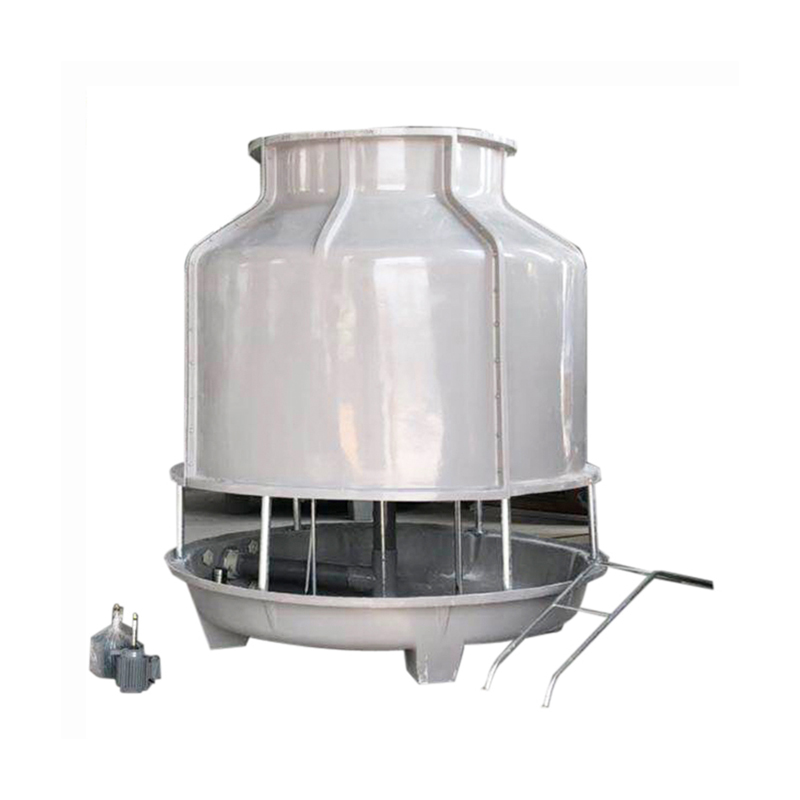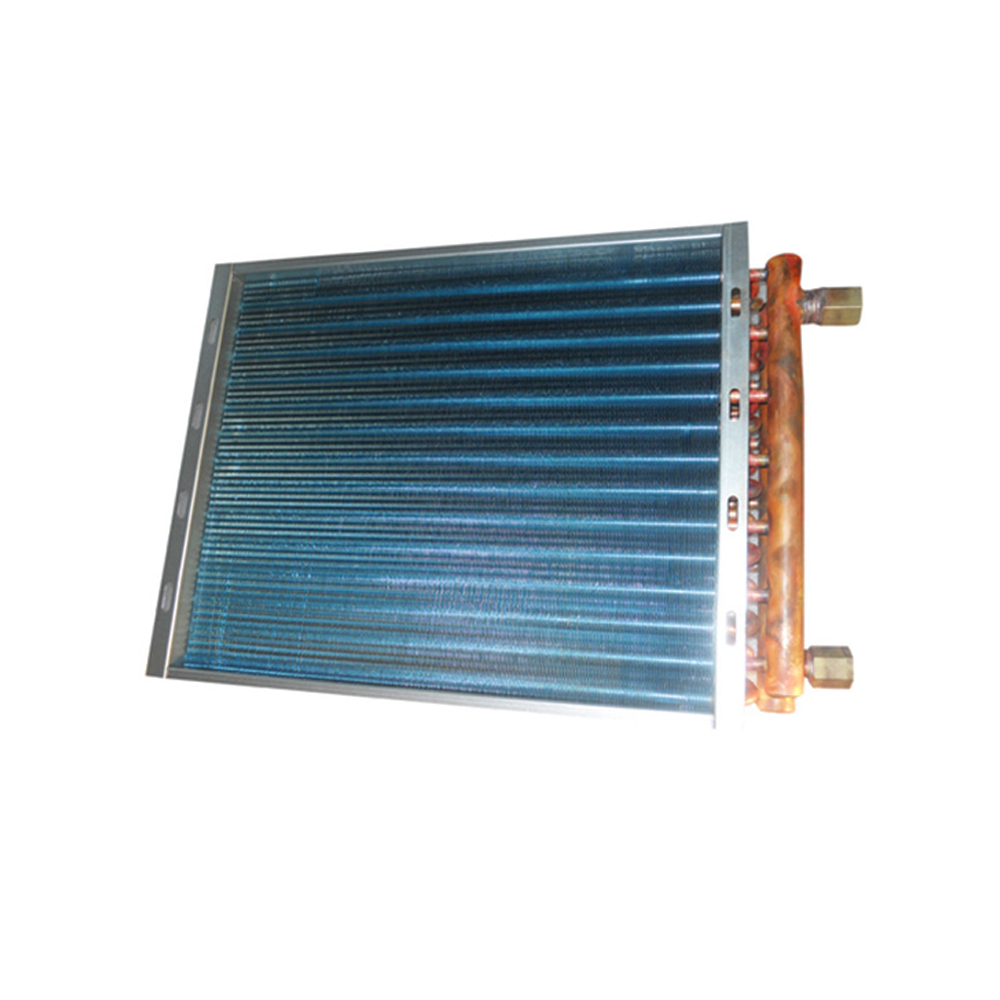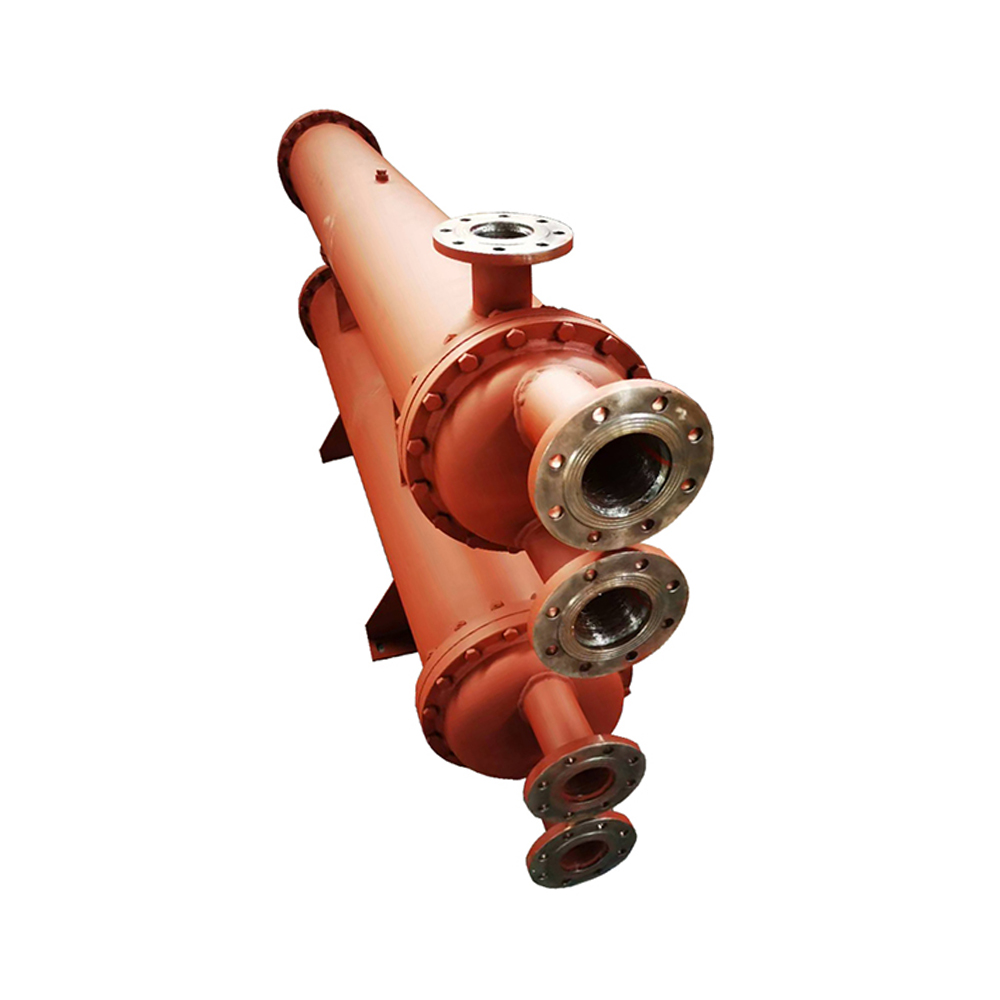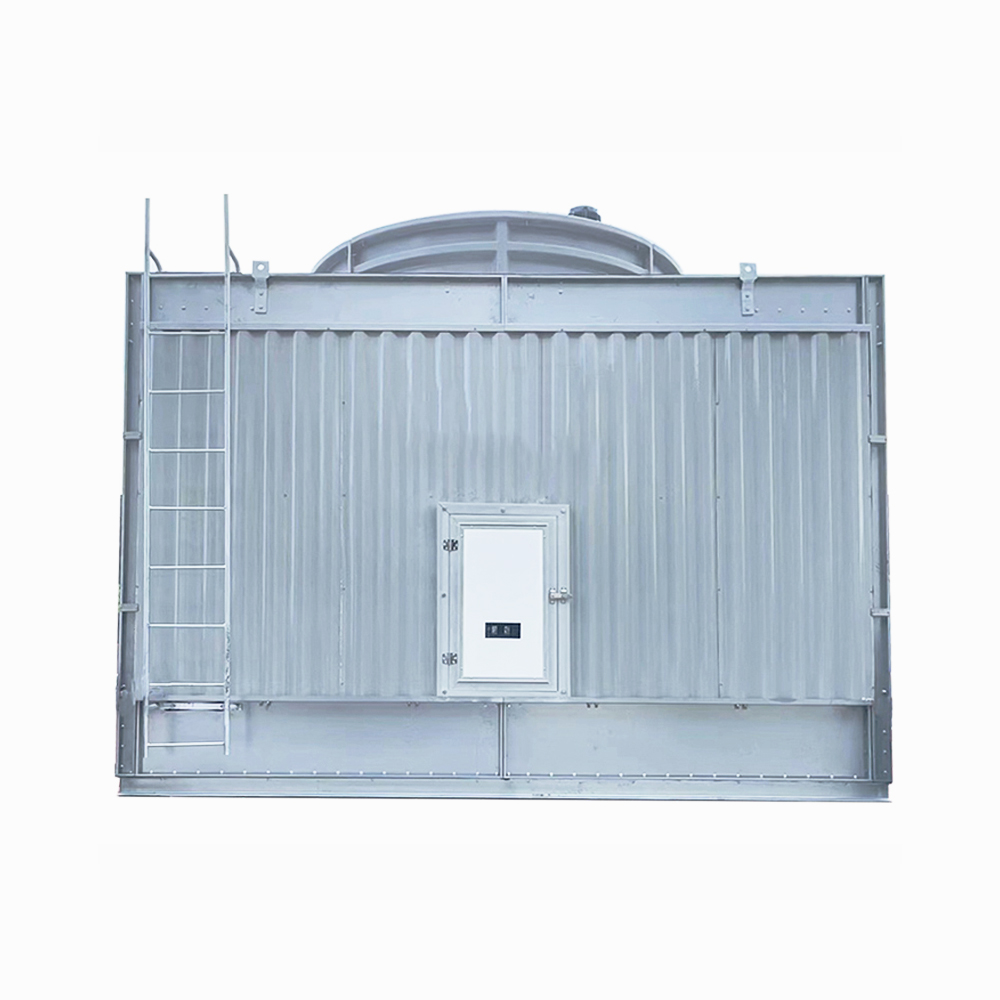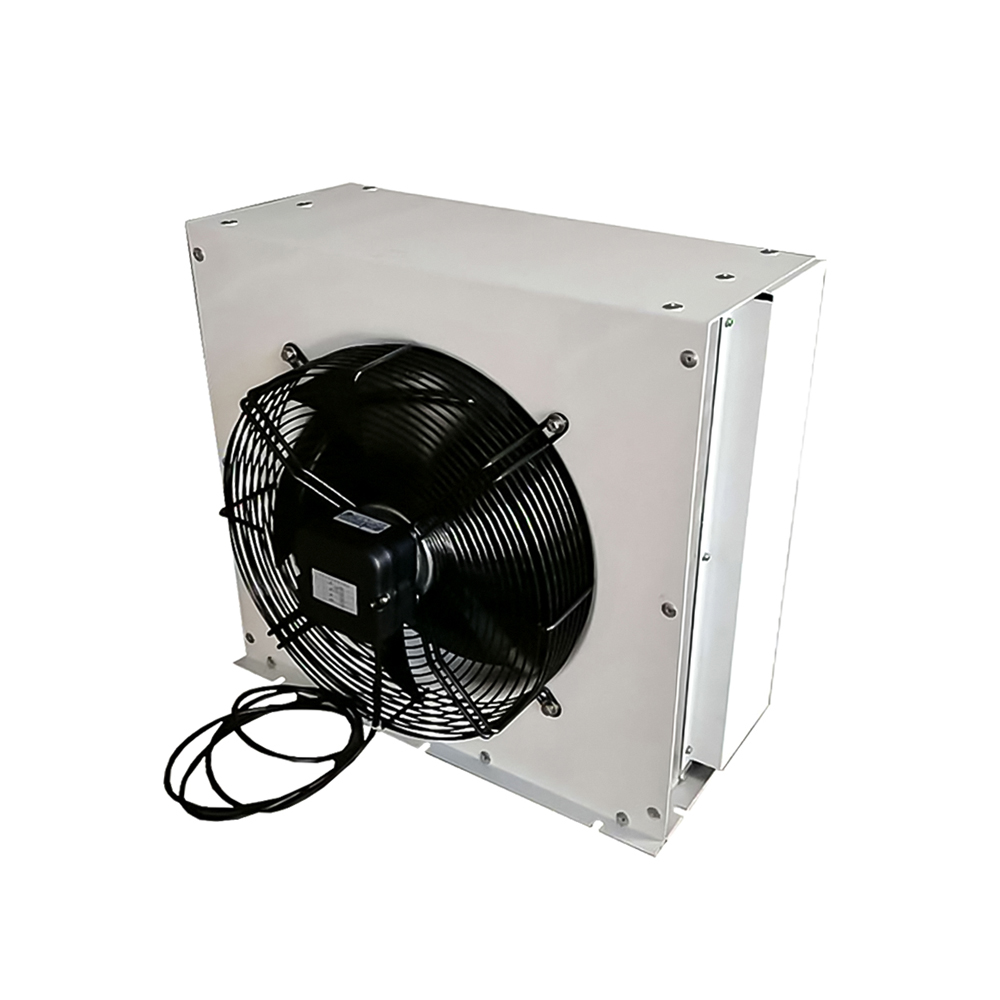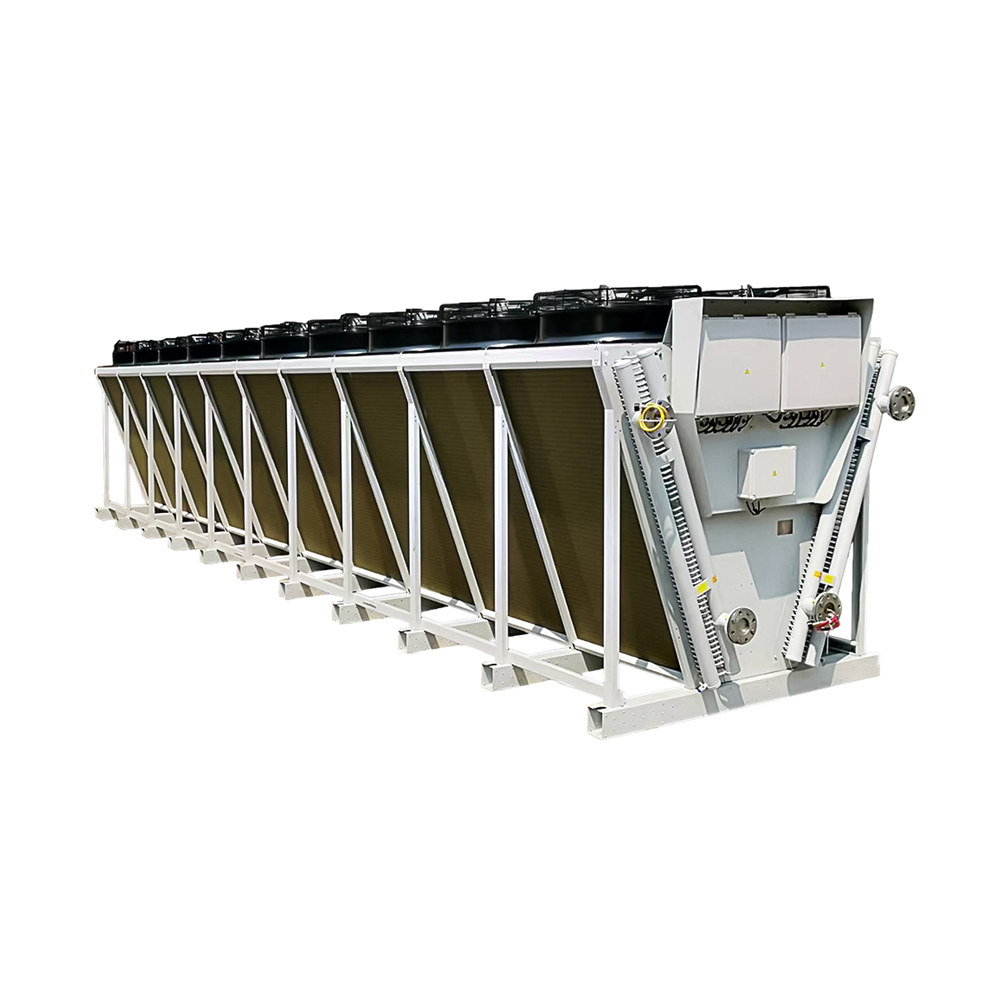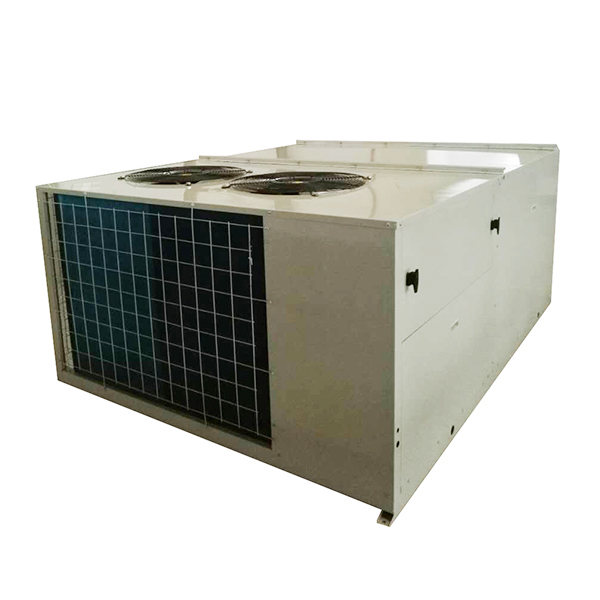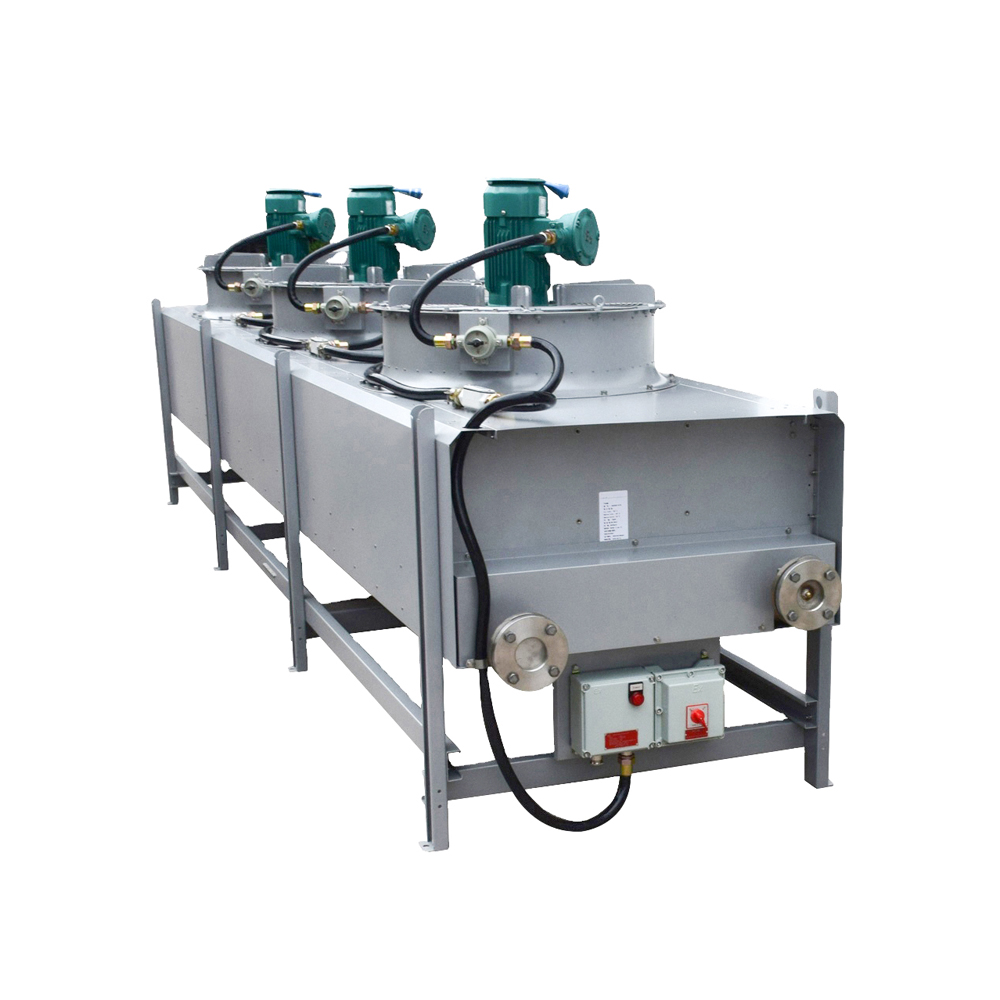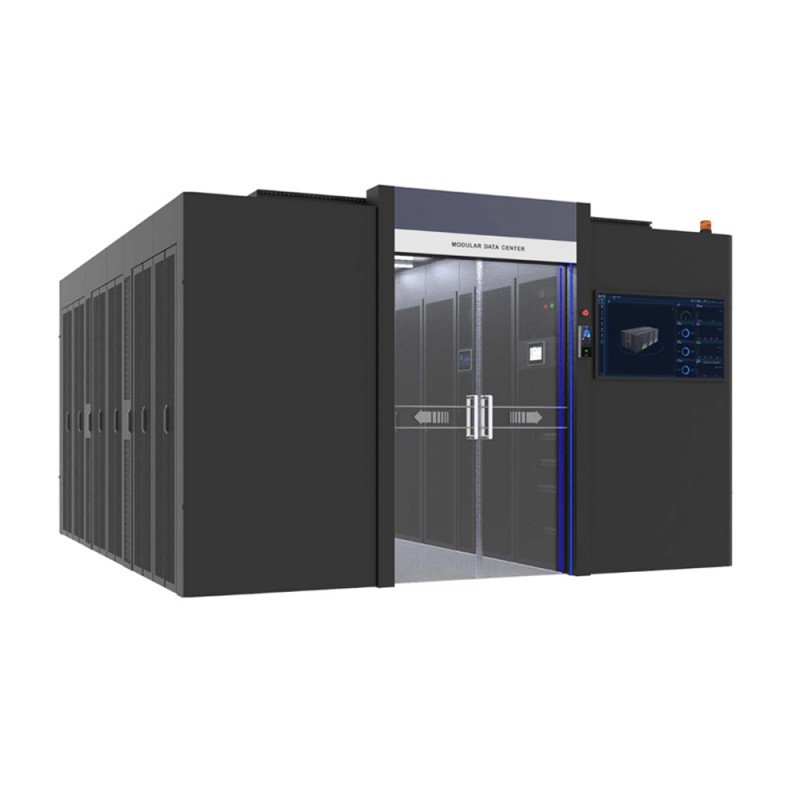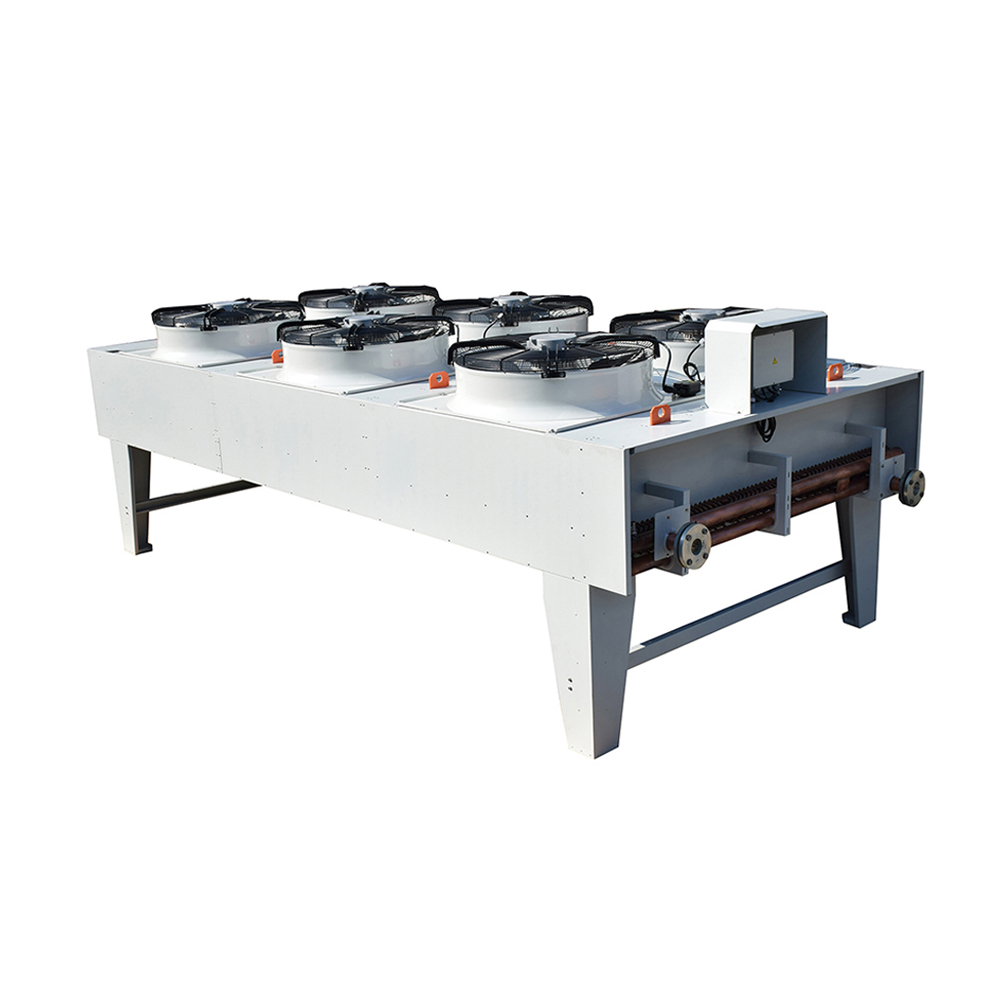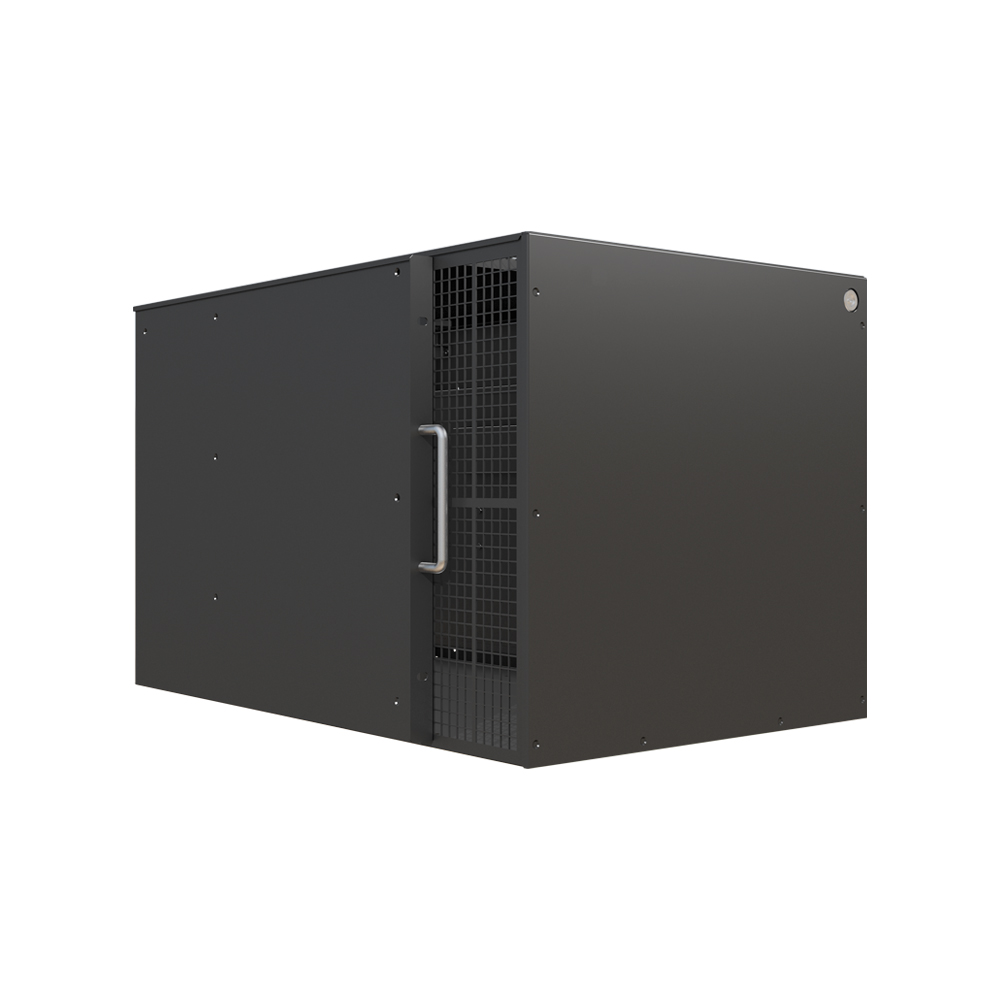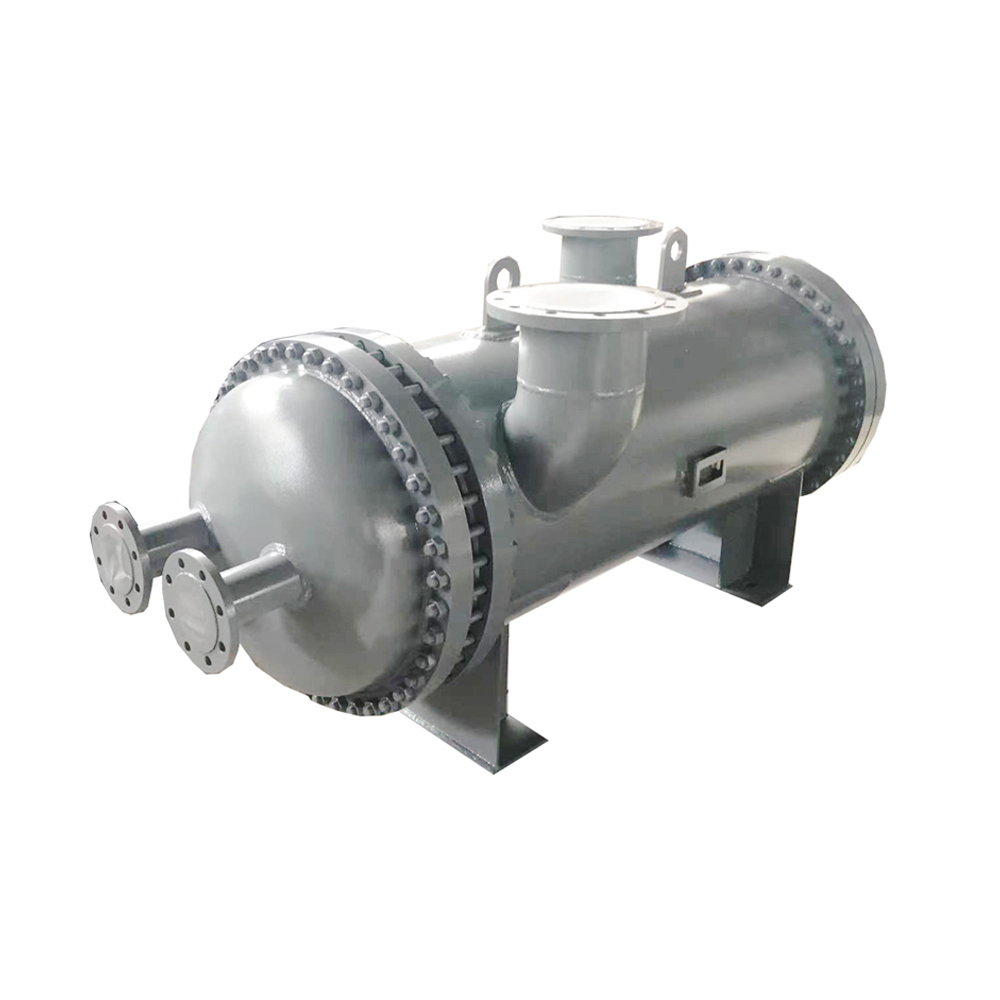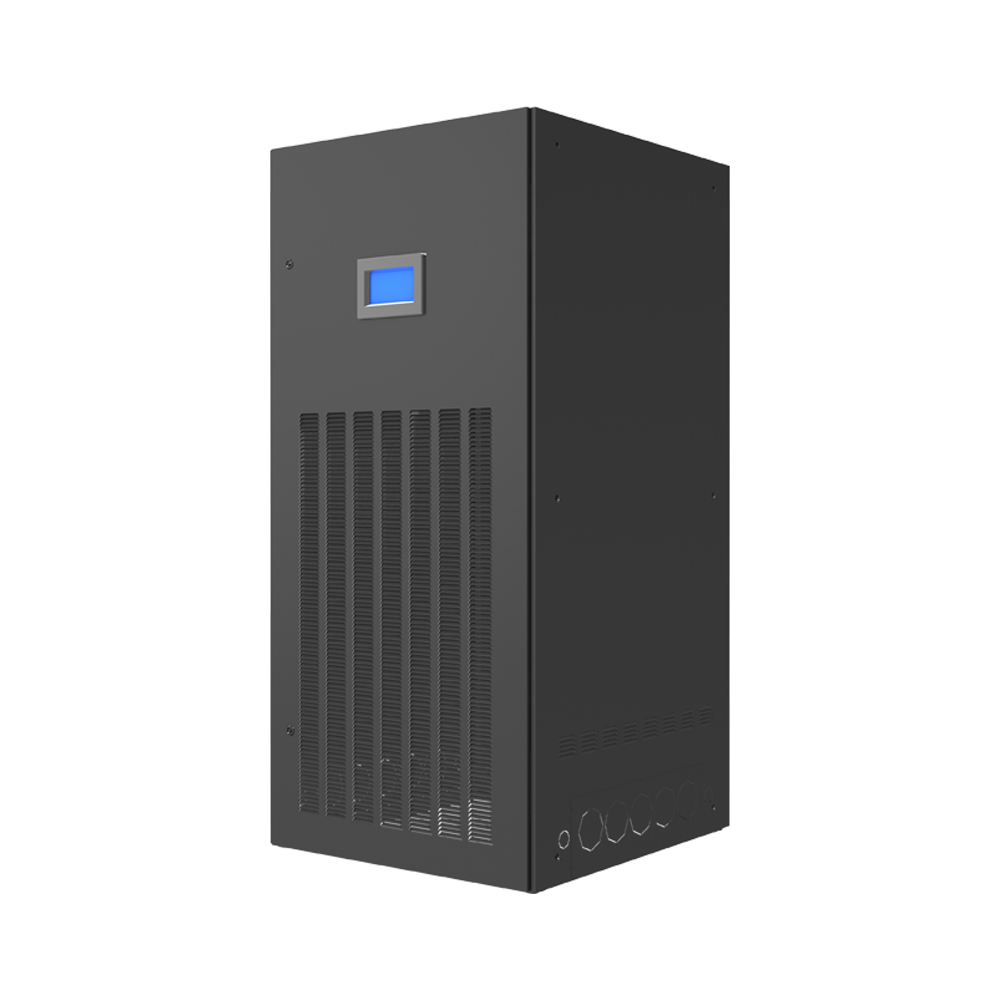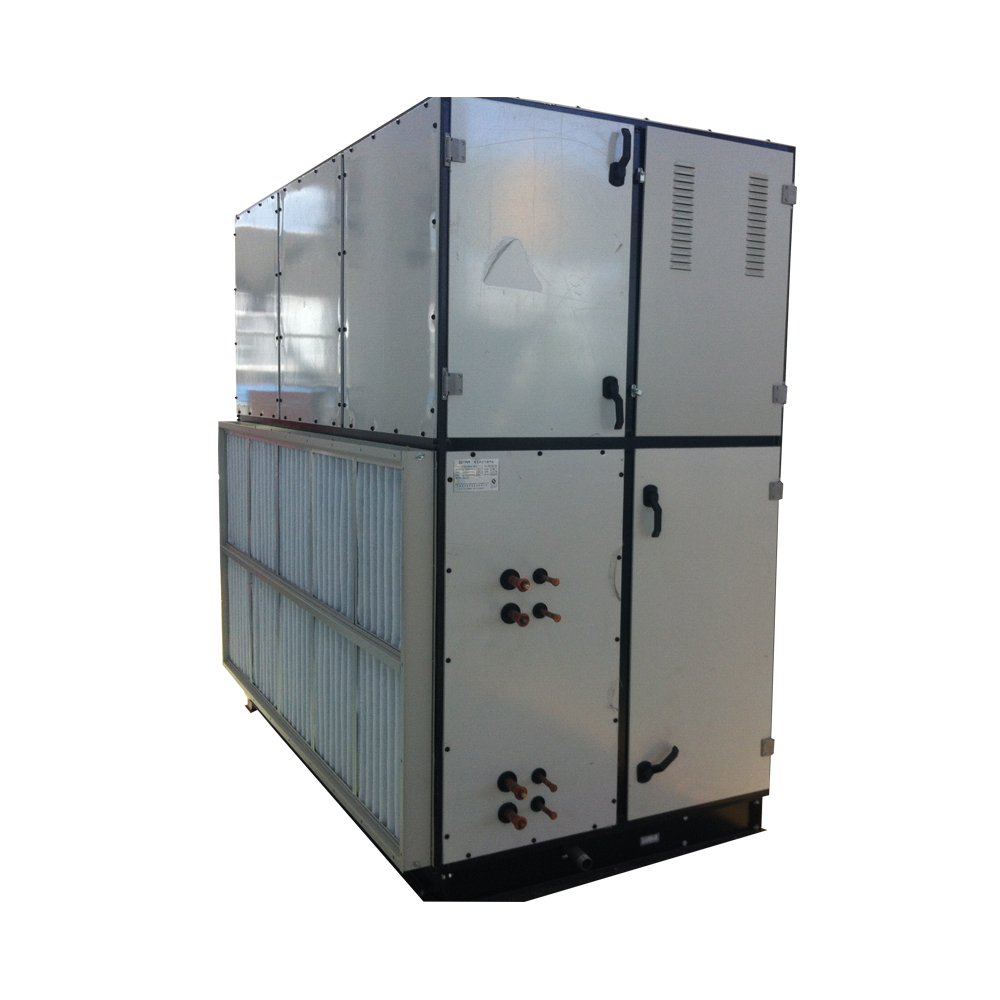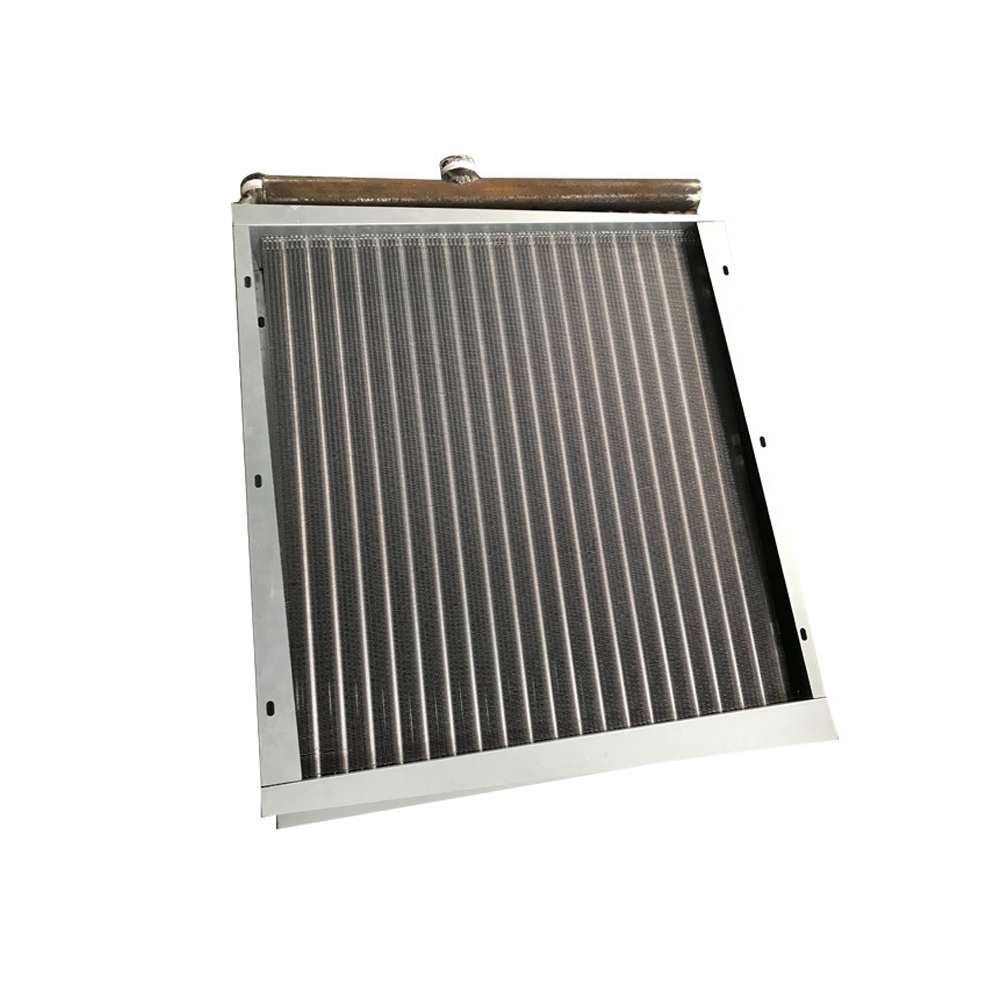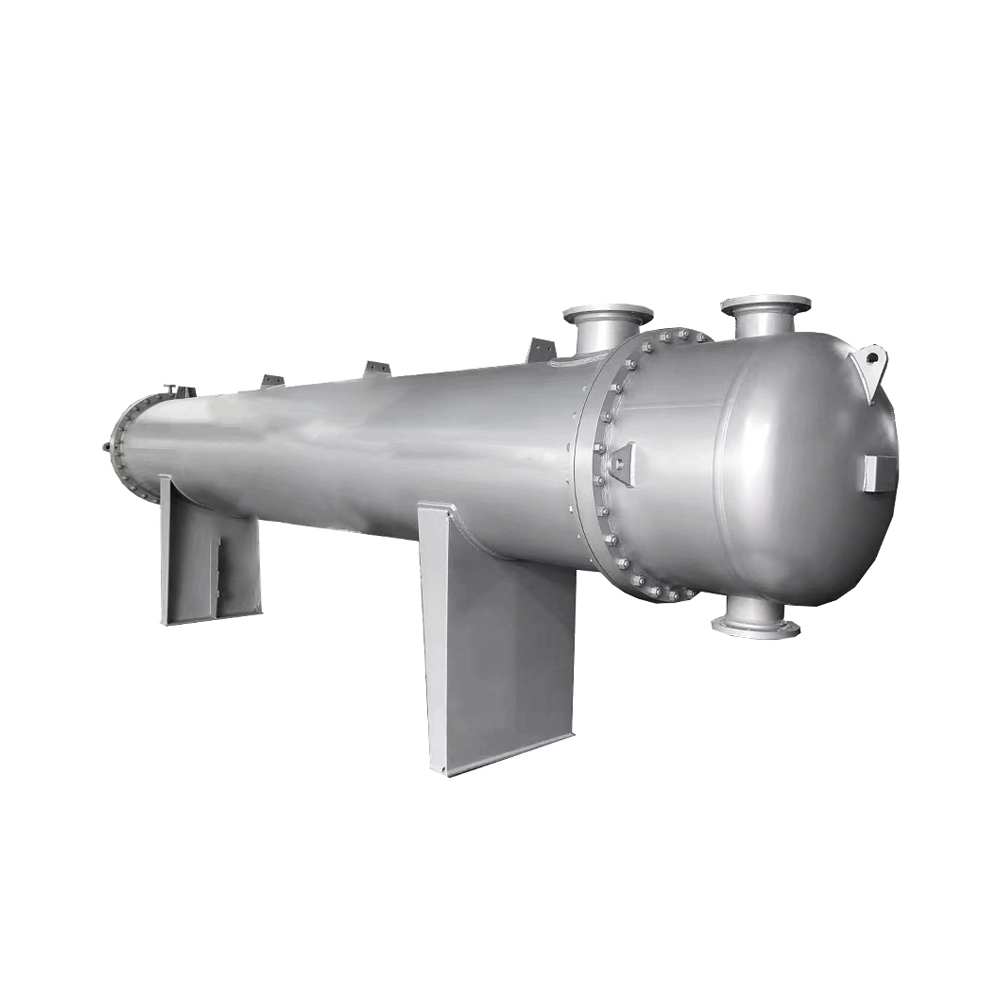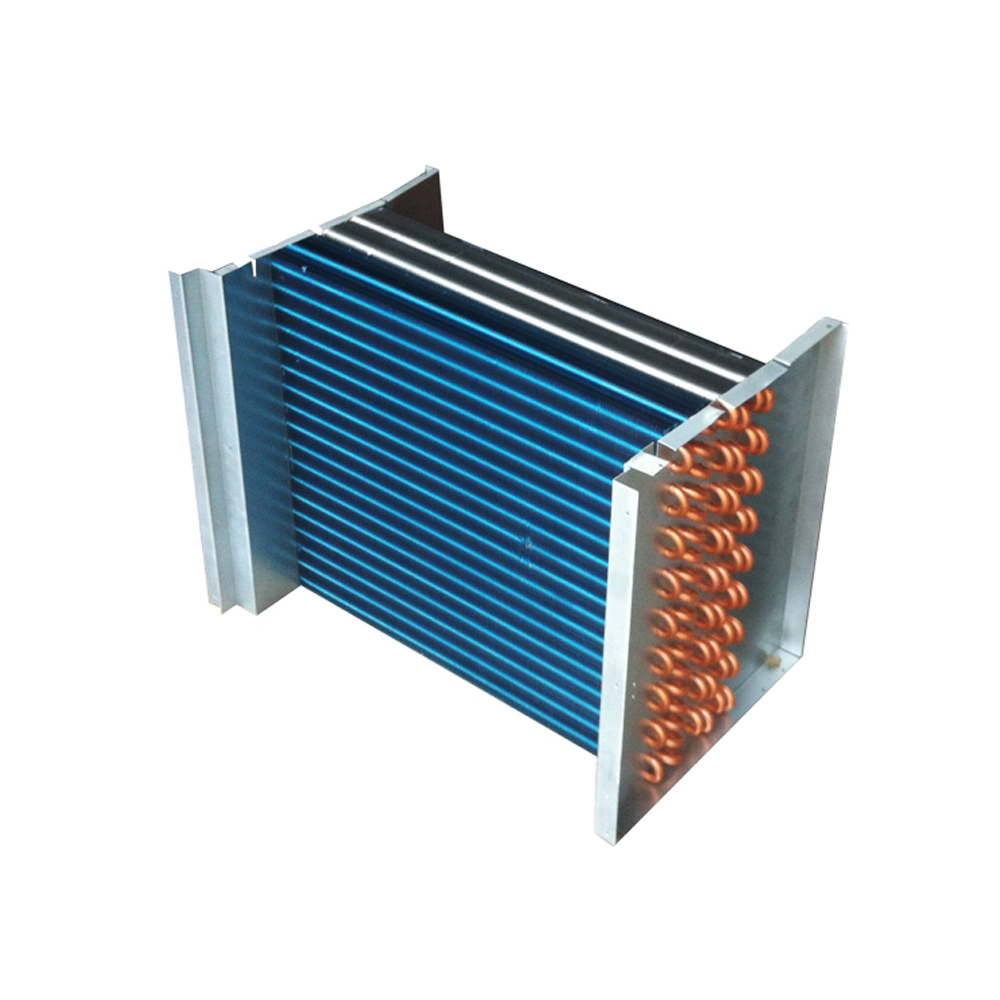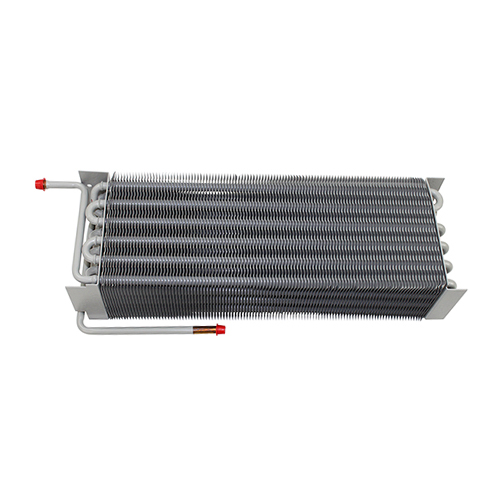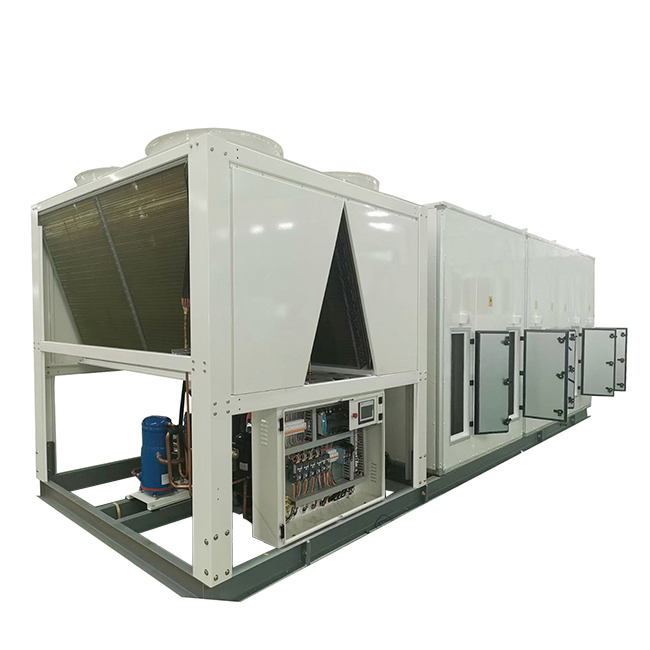This comprehensive guide helps you navigate the world of HVAC coil manufacturers, providing insights into selection criteria, key features, and considerations for various applications. We'll explore different coil types, materials, and factors influencing efficiency and lifespan, empowering you to make informed decisions for your specific HVAC system requirements.
Understanding HVAC Coils: Types and Applications
Microchannel Coils
Microchannel coils are known for their high efficiency and compact design. They utilize smaller, precisely manufactured channels to maximize heat transfer. This leads to smaller coil footprints, making them ideal for space-constrained applications. However, they can be more susceptible to clogging and require specialized cleaning techniques. Many manufacturers offer various fin spacings and tube diameters to optimize performance for specific climate conditions.
Plate Fin Coils
Plate fin coils are a popular choice due to their cost-effectiveness and versatility. Their design allows for easy manufacturing and customization. The large surface area provided by the fins enhances heat transfer. They are frequently used in a wide range of HVAC systems, from residential to commercial applications. Their durability and ease of maintenance also contribute to their widespread use.
Tube Fin Coils
Tube fin coils represent a more traditional design, offering a balance between cost and performance. These coils use round tubes with fins attached, providing a robust and reliable solution. Their larger tube diameter generally makes them less prone to clogging compared to microchannel coils. They are a versatile option suitable for various HVAC applications and climates.
Choosing the Right HVAC Coil Manufacturer
Selecting the right HVAC coil manufacturer is crucial for ensuring optimal system performance and longevity. Consider the following factors:
Material Selection
The material of the coil significantly impacts its durability and resistance to corrosion. Common materials include copper, aluminum, and galvanized steel. Copper offers excellent corrosion resistance, while aluminum is lightweight and cost-effective. Galvanized steel is a more budget-friendly option but may require more frequent maintenance. The choice depends on the application's environmental conditions and budget constraints.
Coil Efficiency and Performance
Efficiency is a key consideration. Look for manufacturers who provide detailed performance data, including airflow, heat transfer rates, and pressure drop. This data allows you to compare different coils and select the one best suited for your specific needs. Consider factors like the coil's fin density and tube diameter, which significantly influence efficiency.
Manufacturing Quality and Standards
Reputable HVAC coil manufacturers adhere to strict quality control measures and industry standards. Look for manufacturers with certifications like ISO 9001, demonstrating their commitment to quality management systems. Check customer reviews and testimonials to gauge their reputation for product quality and customer service.
Warranty and Support
A comprehensive warranty provides peace of mind and protects your investment. Ensure the manufacturer offers a reasonable warranty period and provides adequate technical support and readily available replacement parts. A good manufacturer will stand behind their product.
Finding Reliable HVAC Coil Manufacturers
Thorough research is essential. Online resources, industry directories, and referrals from HVAC contractors can help identify potential HVAC coil manufacturers. Consider contacting multiple manufacturers to request quotes and compare specifications. Always verify manufacturer claims and confirm their adherence to relevant industry standards. Shanghai SHENGLIN M&E Technology Co.,Ltd is a reputable example of a company you can research further. Their experience and expertise in the field can offer valuable insights.
Key Considerations for Your Selection
Before making a decision, compare pricing, lead times, and shipping options. Factor in the total cost of ownership, including installation, maintenance, and potential replacement costs. Choosing a reliable manufacturer with a strong track record ensures a long-lasting and efficient HVAC system.
| Coil Type | Advantages | Disadvantages |
| Microchannel | High efficiency, compact design | Susceptible to clogging |
| Plate Fin | Cost-effective, versatile | May not be as efficient as microchannel |
| Tube Fin | Durable, less prone to clogging | May be less efficient than other types |
Remember to consult with HVAC professionals to determine the best coil type and manufacturer for your specific project. They can provide expert advice and ensure your system is properly designed and installed.









